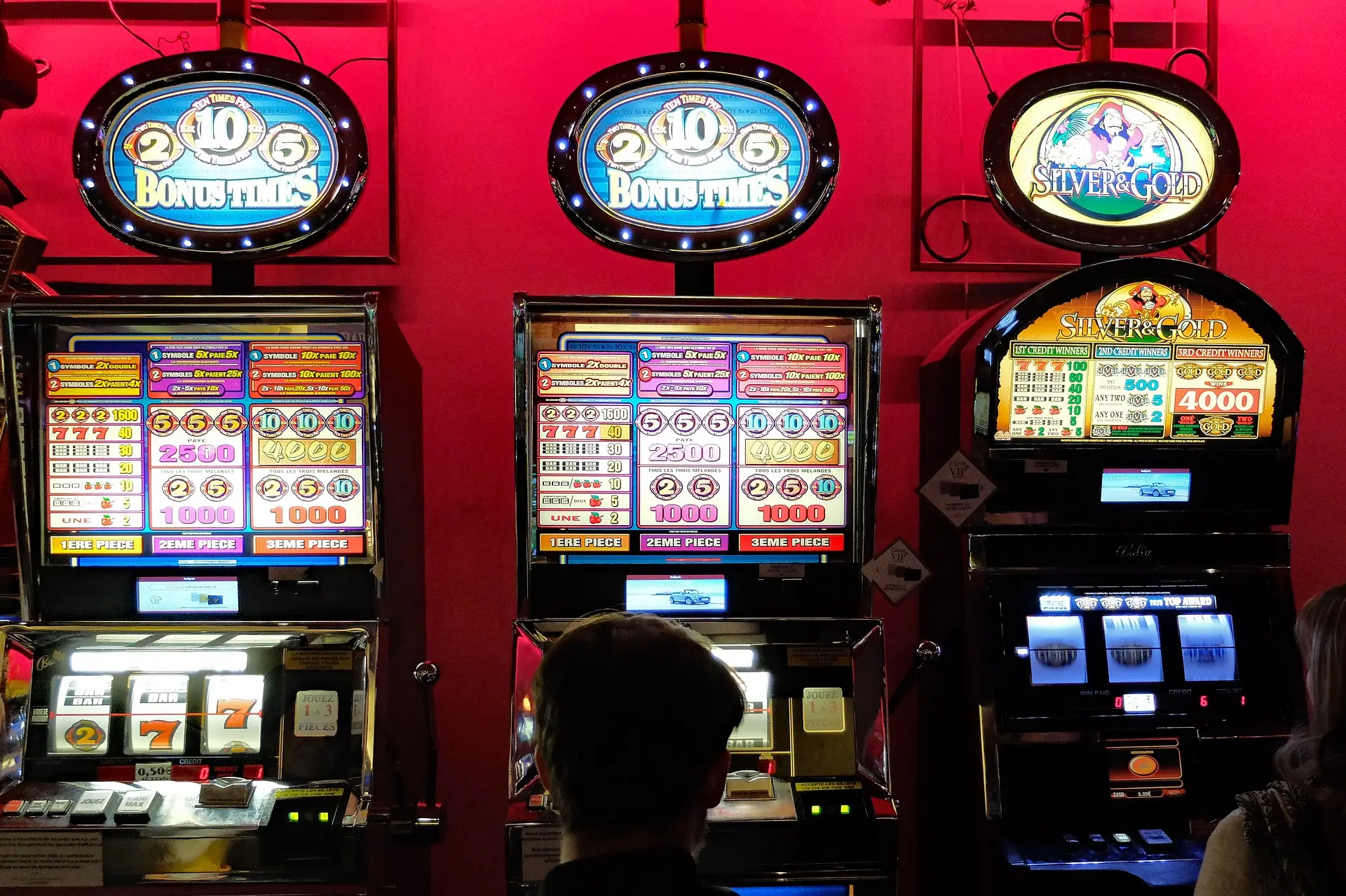The legal landscape of online slot gambling games is a complex and evolving field that varies significantly across different jurisdictions. For players, understanding these legal nuances is crucial to ensure a safe and compliant gambling experience. Online slot gambling, which involves wagering on digital slot machines via internet platforms, has seen tremendous growth in popularity. However, the legality of these games depends on where you reside, as laws and regulations are often region-specific and subject to change. In many jurisdictions, online slot gambling is regulated by specific gambling authorities or commissions that establish and enforce rules to ensure fair play, secure transactions, and responsible gaming practices. For example, in the United Kingdom, the Gambling Commission oversees online gambling activities, including slots, ensuring that operators adhere to strict standards of fairness and player protection. Similarly, in Malta, the Malta Gaming Authority regulates online casinos, including slot games, and provides licenses to operators who meet rigorous criteria.

In the United States, the legal status of online slot gambling is more fragmented due to the country’s federal system. The Supreme Court decision in Murphy v. NCAA overturned a federal ban on sports betting, paving the way for states to regulate gambling activities, including online slots, on their own. As a result, states like New Jersey, Pennsylvania, and Michigan have legalized and regulated online slot gambling, while others continue to have restrictive or unclear laws on the subject. This patchwork of regulations means that players must be aware of their state’s specific laws and ensure that any online gambling platform they use is licensed and regulated within their state. In contrast, countries like Australia and Canada have relatively permissive attitudes towards online slot gambling but still enforce regulatory frameworks to safeguard players. In Australia, online gambling is regulated by the Interactive Gambling Act 2001, which prohibits certain types of online gambling but allows licensed operators to offer online slots. In Canada, while online gambling is generally regulated by provincial governments, players can access a range of online slot games provided they are hosted by licensed operators.
Moreover, players should be aware of the potential legal risks associated with using unlicensed or unregulated online slot platforms. Engaging with these platforms can expose players to issues such as fraud, unfair practices, and a lack of recourse in case of disputes. Reputable info slot gacor platforms typically hold licenses from recognized regulatory bodies, which provide a level of assurance regarding the fairness of games, the security of financial transactions, and adherence to responsible gambling practices. It is also important for players to consider the legal implications of online slot gambling in their own jurisdictions and to seek legal advice if they are unsure about their local laws. Many jurisdictions offer resources or helplines where players can obtain information about the legality of online gambling in their area. In summary, the legal landscape of online slot gambling is multifaceted and varies by region. Players should ensure that they are engaging with licensed and regulated platforms, understand their local laws, and remain informed about changes in legislation to enjoy a safe and lawful gambling experience.